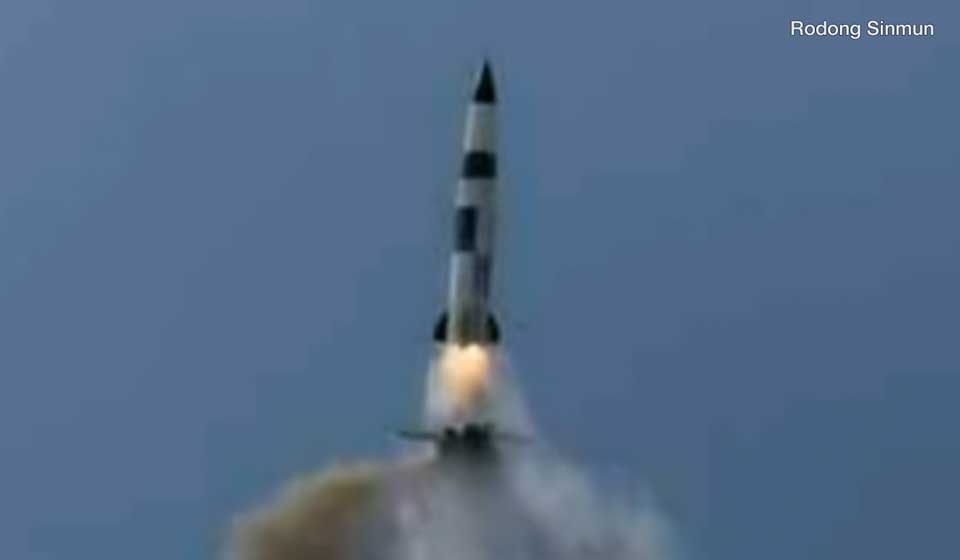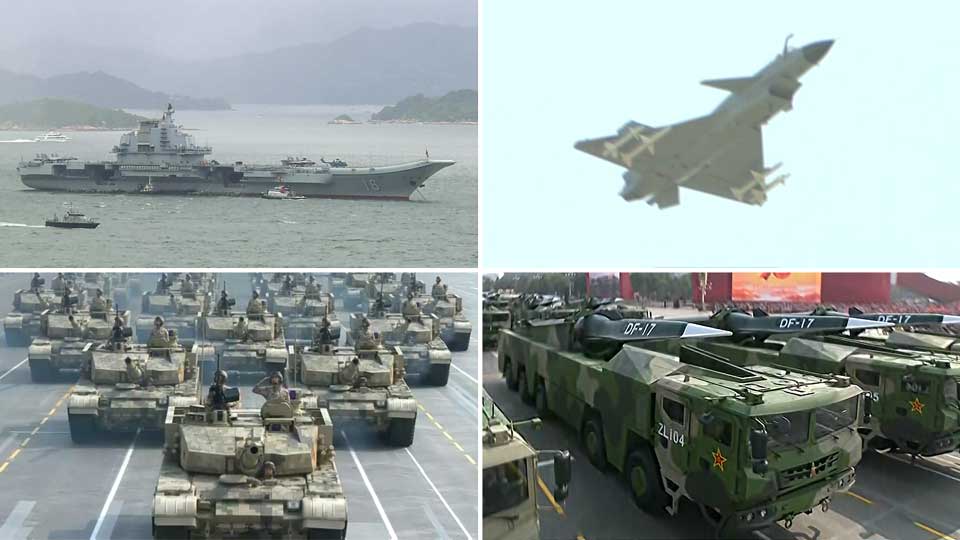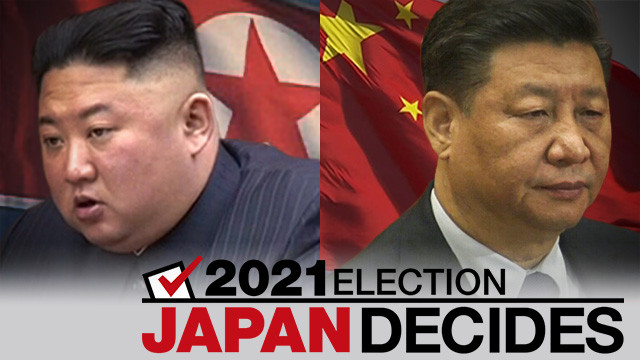On day one of the Prime Minister's election campaign, North Korea stole the show with a missile launch from a submarine towards the Sea of Japan. The development forced Kishida to cancel a series of appearances in northern Japan on October 20 and head back to Tokyo.
At a military display earlier this month, leader Kim Jong Un presented the North's latest weapons tech.

According to NHK World's Ikehata Shuhei, a former Seoul bureau chief, the North is flexing its muscles but it also wants to keep the door open to negotiations with the United States and South Korea.
He says the administration after the election should keep close ties with those two countries and be prepared to join the negotiations with the North when they restart.
North Korea isn't the only neighbor building its firepower. Japan's annual defense white paper notes that China's military spending is steadily soaring. Japan's Defense Ministry says its annual spend has more than doubled to $210 billion over the last decade.

China's well-funded military has been exerting its presence more strongly in neighboring seas, where it has installed defense facilities on islands and atolls. Many worry that it is eyeing a forceful takeover of Taiwan.
When the leaders of Japan, the US, Australia and India met in Washington last month, they made a joint statement championing a free and open Indo-Pacific. They also declared they would "meet challenges to the maritime rules-based order, including in the East and South China Seas".
China's economic influence complicates relations. During the coronavirus pandemic it has remained an important partner, accounting for nearly a quarter of Japan's entire trade, well above the level with the US.
Ikehata says Japan needs to consider its place as the Biden administration creates multiple blocs to strengthen pressure on China. "Beijing doesn't gain anything from pushing Japan to further deepen security ties with the US," he says. "It will try to improve relations with Tokyo in an attempt to drive a wedge between Japan and the US."
Japan's leaders look set to find some room to negotiate a safe and secure future. On Sunday the voters will decide who that should be.

